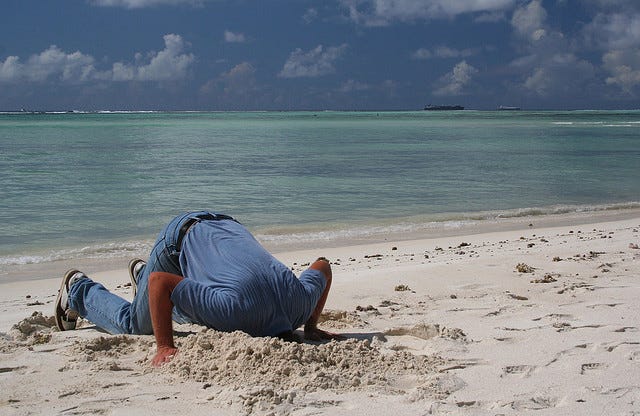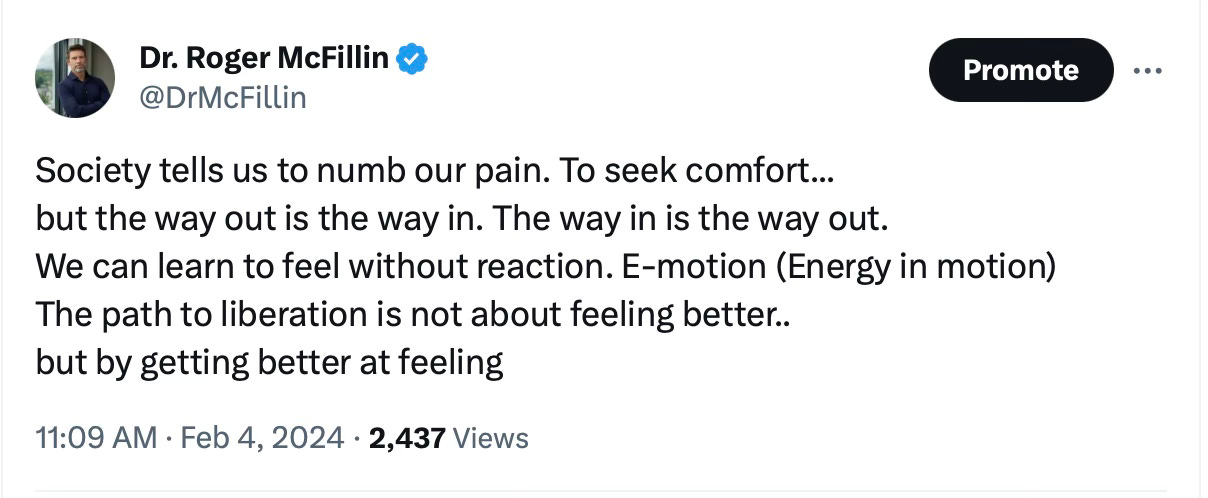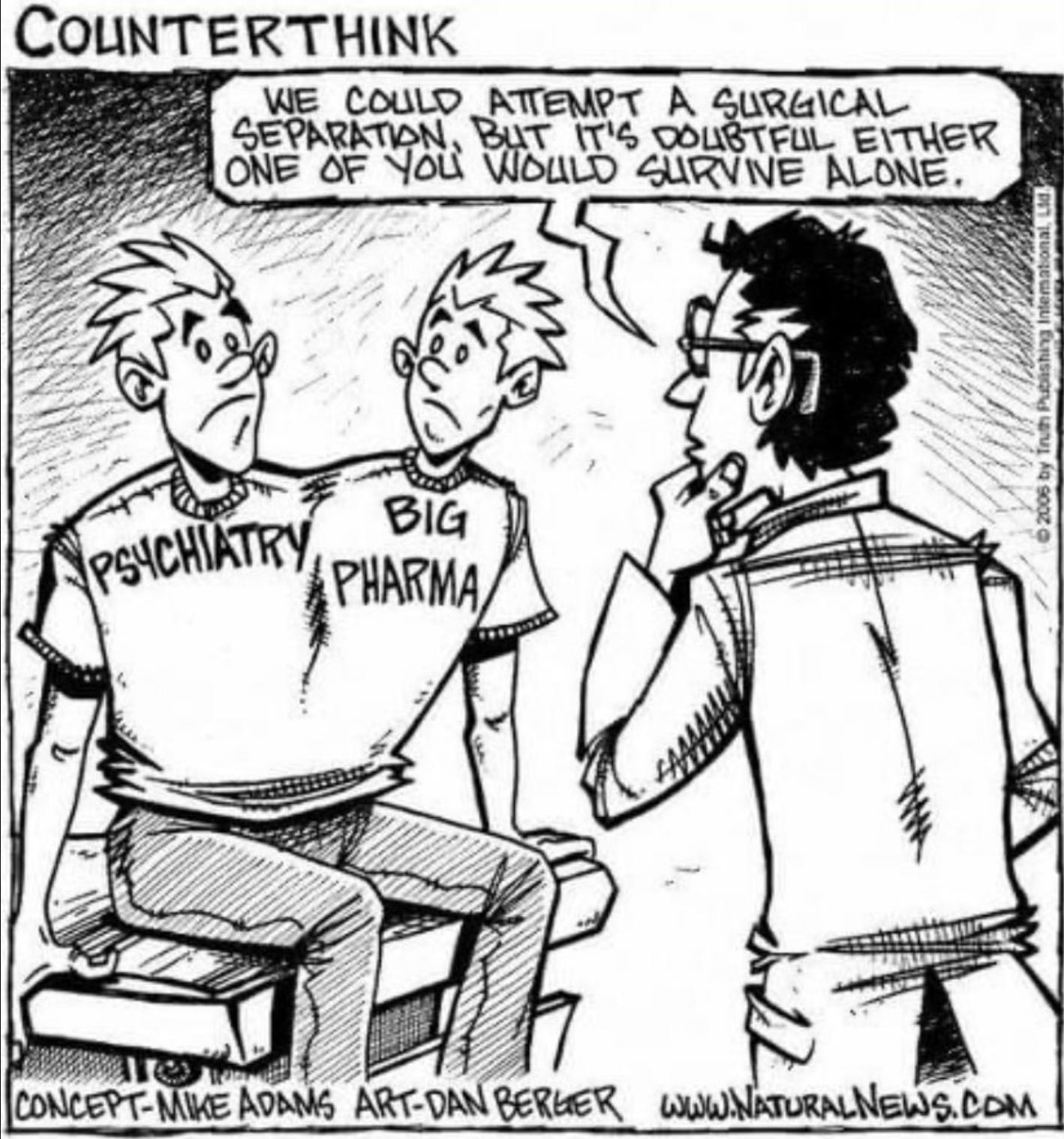“The pain will leave once it has finished teaching you” – Bruce Lee.
I am both fascinated and concerned by the human capacity to deny reality. Nevertheless, we cannot overlook the following undeniable truths:
Life is difficult.
A full human life comes with the full range of emotions, both pleasant and painful.
A normal human mind naturally amplifies psychological suffering.
We all go through negative emotions and thoughts, but we handle these mental experiences differently. On one hand, some people may label these emotions and thoughts as unacceptable or "bad," struggle with them, and try to change them.
On the other hand, people can accept their emotions and thoughts and acknowledge them as a natural occurrence. In some cases, even view them as necessary and potentially transformative.
Within the contemporary psychiatric industrial complex, unwanted thoughts and emotions are frequently labeled as "symptoms" of an underlying mental defect, and the primary objective often revolves around diminishing or eradicating these perceived "symptoms."
Life encompasses both wonderful and tragic moments, and emotional pain is an inevitable part of the human experience. From my perspective, Western societies appear to have distanced themselves from the wisdom traditionally passed down through generations, opting instead for a transhumanistic experiment.
Emotional pain and distressing thoughts, once seen as necessary companions, have now become adversaries. To combat this perceived enemy, people often resort to trying to eliminate these internal experiences through modern pharmaceuticals, drugs, alcohol, or any available means.
Experiential Avoidance
While occasionally avoiding unwanted internal experiences can serve as an adaptive short-term emotion regulation strategy, the relief from distress it brings can become reinforcing. This reinforcement may contribute to the development of a persistent, inflexible, and maladaptive pattern of Experiential Avoidance.
Experiential avoidance takes many forms, including behaviors aimed at escaping or avoiding internal experiences. Examples include substance abuse, suppressing thoughts, isolating oneself, trying to control others in relationships, denial, constant distraction, self-harm, gambling, overworking, binge eating, or involvement in a range of self-destructive patterns.
For example, habitual use of emotional suppression and repression to manage emotional experience has been associated with a range of negative outcomes including higher levels of negative affect, lower levels of positive affect, poorer social adjustment, and decreased well-being.
In simpler terms, the more you try to escape your feelings inside, the worse you will feel over time. It's not the discomfort inside that's the issue; it's how we handle it that matters.
In other words, the way out is the way in.
“People will do anything, no matter how absurd, to avoid facing their own soul.” – Carl Jung
While you might temporarily numb, distract, or escape from an experience, the consequences of doing so often become an even more significant issue in the long run.
My concern about our reliance on drugs goes beyond their health risks. The widespread belief that modern pharmaceuticals can provide lasting relief perpetuates the misconception that there's a biological flaw needing correction.
Believing a pill will quickly solve our problems becomes the problem itself. Believing that feeling better comes only from outside ourselves sets us up for ongoing difficulties.
The Struggle Amplifies Suffering AND Creates MORE Problems
What unfolds when we try to numb or escape from distressing thoughts, emotions, or sensations? Initially, we forge an adversarial relationship with these experiences, treating them as enemies. This sets us on a path of struggling against our thoughts or emotions, even leading to the development of a fear of these internal experiences.
Experiencing a breakup or loss is already painful. However, resorting to an alcohol binge to escape the feelings not only intensifies the pain but also brings about additional problems. Some of these problems may have lasting consequences.
Coping with anxiety and fear are challenges we must all face. However, suppressing and repressing those experiences does not make them go away. The energy remains stored in the body and the problems or concerns we are avoiding are known to impact our health in ways we may not full understand. Individuals who repress their emotions also suppress their body’s immunity, making them more vulnerable to a variety of illnesses ranging from common colds to cancer.
Anxiety sensitivity (AS), the tendency to fear arousal-related body sensations based on beliefs that they are harmful, is a strong psychological risk factor for development of anxiety psychopathology. For example, a panic attack is often described as the "fear of fear," where internal sensations are misunderstood as dangerous, triggering an intense panic response.
Without mindful attention and acceptance of the emotions we experience, those emotions and sensations can seem to come "out of the blue" without an apparent cause. Symptoms of stress, like a racing heart, are often interpreted as an impending health threat, such as a heart attack. Shallow breathing and dizziness can provoke a fear of passing out. For some people, a seemingly harmless thought can provoke overwhelming fear, as if it represents an imminent and genuine threat. In an instance it becomes a panic attack.
While doctors may think they are being helpful by prescribing benzodiazepines like Xanax or SSRIs, yet they are unknowingly intensifying the struggle and now place their patients at risk for a variety of adverse drug reactions and dependence.
Turn Off the Struggle Switch
In a state of cognitive fusion, thoughts appear as absolute truths, turning into imperatives or rules that must be followed. They might be seen as an immediate threat requiring instant elimination, a worrying predictor of the future, or an unshakable concern that persists despite its negative impact on one's life.
A struggle emerges with thoughts like, "I can't stand this!" There's an internal judgment that the experience is dangerous, pathological, or evidence of something gone wrong. Some individuals fear they might "go crazy" if the feeling persists, while others judge unwelcome thoughts as if their mere presence defines reality.
These beliefs often drive people to search for a pharmaceutical solution. A quick escape. Regrettably, many doctors lack expertise in emotional health and well-being. In reality, the majority of antidepressant and anti-anxiety drugs are prescribed in primary care, and most psychiatrists have long since abandoned non-pharmaceutical approaches to mental health.
I often share this video by Australian Psychologist Dr. Russ Harris with my clients to illustrate this concept.
Lean In, Allow, Accept
Research has consistently linked the habitual tendency to accept one’s mental experiences with greater psychological health. Acceptance-oriented approaches encourage individuals to experience their emotions, thoughts, and bodily sensations fully without trying to change, control, or avoid them. Acceptance entails openness to internal experiences and willingness to remain in contact with those experiences even if they are uncomfortable.
This should not be confused with resigning to a negative outcome or being ok with a negative event. Our emotions are partners and we can direct our energy into solving problems or overcoming adversity. Rather, the acceptance lies in the allowance of the natural and expected experience in response to the event.
Much like the struggle switch metaphor Chinese finger traps provide a useful illustration of how engaging in a struggle with our internal experiences creates more difficulty. If you’ve ever played with a Chinese finger trap, you know that the game is a woven straw tube about the width of your finger. When you put one finger in each end and pull, the straw stretches out and gets narrower. The more you fight the tighter it becomes. You become stuck and unable to find the space to become free.
The key is in giving up the fight. Instead it’s an opportunity to become more conscious of your internal experiences and link them to the events of your life. If you view them as a partner they no longer adversaries and your internal experiences feel less daunting, intense or out of control. We have the capacity to self regulate but it requires a profound shift in how we THINK about our emotions.
Mindfulness practices, meditation, and yoga are powerful tools for cultivating mental and physical well-being. These practices involve fostering acceptance, giving full attention to the present moment, channeling energy, and learning to observe our internal experiences without reacting impulsively to them.
Believe me, succumbing to the psychiatric cult and becoming entangled in a mental health system that categorizes the range of human experiences as psychiatric disorders will only deteriorate your well-being over time. It's a trap. You'll find yourself stuck, and before you realize it, your life becomes a cycle of attempts to numb, medicate, or alter your internal experience.
That very struggle becomes the mental illness.
Resist






This is excellent. I've come out the other end, so reading this is an affirmation of my journey. When I read something like this I wonder how I would have interpreted it earlier in my life. Thanks for this, Dr. McFillin.
It's sad how so much of our country has legalized so many mind altering drugs like marijuana and magic mushrooms.